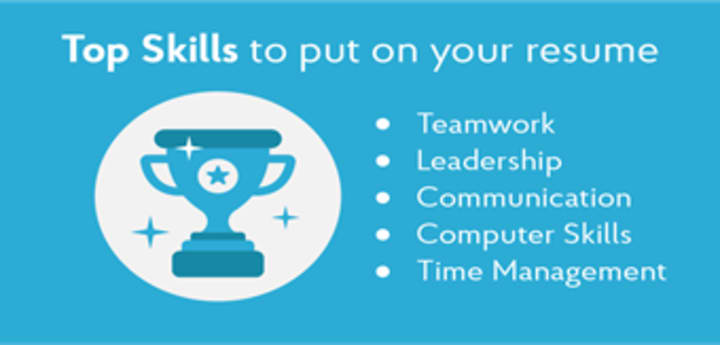
Ever wonder what your potential employer wants to see in your CV/resume. Employers are looking for a two page document which describes your professional life. They are interested to see your academics, qualifications, previous work experience and skills summarized in a way that shows them how you will be beneficial for their organization.
When is the best time to write your CV?
After you’re enrolled in an undergraduate program is when you should start maintaining a CV. This is called an Academic CV. If you start maintaining a CV format from the start you will never really face a problem in terms of entering things. As your achievements and qualifications increase, keep eliminating the irrelevant points.
In the start you may not have a lot of things to put in your CV, but that’s not really a problem. During your undergraduate program make sure that you get some exposure, do internship programs and take part in competitions that you can add to your CV. Key achievements are really important for a CV, so make sure it develops in the right direction.
An academic CV is built upon your educational history, early professional life, teaching experiences (if you have any), research, grants, awards and other key achievements.
How to write a CV?

1) Choose a template
Like for everything there is a way to write a CV. Select a template that suits well for your industry and fill in your information. Make sure that you follow the CV guidelines and do not add irrelevant information.
2) Concentrate on the essentials
Recruiters spend less than 2 minutes to go through your CV so make sure its short and concise. Concentrate on the points you want to be highlighted in front of the, Use a positive tone while writing your achievements and personal statement.
3) Be clear and concise
It’s very important to be to the point in the CV. Do not increase the length of your CV. Be straight forward with your job roles and responsibilities so the recruiters know what they are dealing with and whether you fit their criteria
4) Connect your CV to the role you’re seeking for
While Writing your CV make sure that your skills are relatable for the role you are applying to. Mention the skills that you have which are important for that job role. It’s important the recruiter is able to identify what role you are applying for by skimming through your CV
5) Presentation and formatting
Let’s face it, no one wants to read a congested and unreadable document. Hence your CV should be eye catchy and easy to read. Make sure all your points are aligned and you have used the same format and font throughout the CV. Formatting is the most important factor that affects your impression in the employer’s eye.
6) Proof-read for errors
Once you’re done writing your CV, proofread it several times and give it to others to review and criticize it. You have to ensure that there are no grammar, or punctuation mistakes. Your CV should use perfect English language with zero error chances.
Difference between a resume and a CV
Resume
• Used when applying for an industrial position
• Emphasize skills
• Is no longer than 2 pages
• Includes work experience and place of education
Curriculum Vitale (CV)
• Emphasizes academic accomplishments
• Used when applying for academic positions
• Length depends upon experience and includes a complete list of publications and research
• Begins with education and includes references and their details





Comments
There are no comments for this story
Be the first to respond and start the conversation.